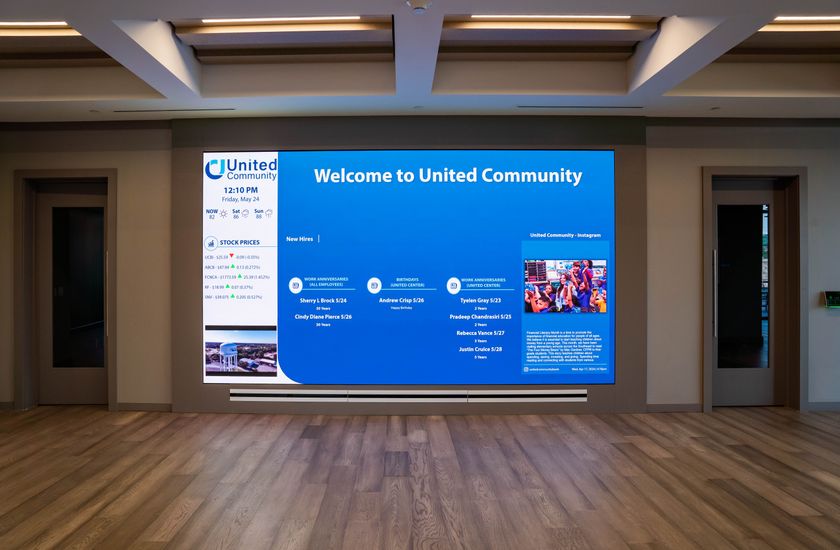- CEDAR RAPIDS, IA--Peter Mapp of Peter Mapp Associates has been named the 2009 NSCA University Educator of the Year. Mapp received NSCA’s top education honor based on student feedback from his course “Optimizing and Measuring the Intelligibility of Sound Systems,” taught during NSCA University at InfoComm 09.
- Additionally, individual Instructors of the Year were awarded for each college within the University. Recipients include:
• Paxson Laird of RTKL, for his College of Business course, “Architects Will Call You!”
• Ben Wilson of Safeguard Security and Communications, Inc, for his College of Project Management course, “Operation Best Practices for Project Managers,”
• Bob Coffeen of the University of Kansas, for his College of System Design course, “System Design Using EASE 4.2 – Level 1”
• Brian Lockie of Creative Technology, for his College of System Sales course, “Best Practices in Selling Digital Signage”
• Bill Whitlock of Jensen Transformers, College of Technical Knowledge, for his course, “A/V System Noise and Ground Loops”
“This year’s award winners represent the changing industry and the need for a diverse knowledge base,” said Chuck Wilson, NSCA executive director. “These industry experts create a higher standard of learning from the technician to the business owner. We are pleased to have them represent NSCA University to improve our industry and its professionals.”
Winners are determined based on evaluations completed by students participating in NSCA University courses. Instructors are evaluated on areas such as topic knowledge, engagement with students and topic relevance. The 2009 recipients will be recognized at the annual NSCA Member Meeting and Industry Forum as well as the President’s Reception during InfoComm 2010.
“It is very interesting to be an instructor on sound systems technology and requirements and design elements that are continually evolving,” said Peter Mapp, principal at Peter Mapp Associates. “A broad understanding of the fundamentals makes it far easier to keep up and apply the techniques as both standards and the technology advance. Because I am personally involved with the International Standards concerning these areas, I can pass on the latest information and upcoming potential changes directly to the class as well as share real-world case histories and design examples from my normal consultancy work.”









